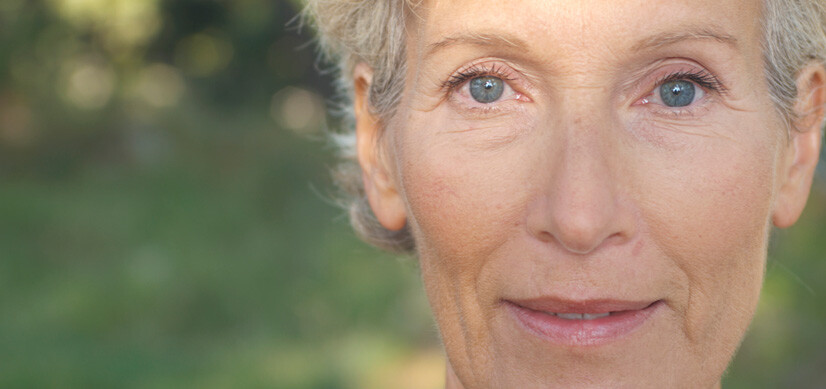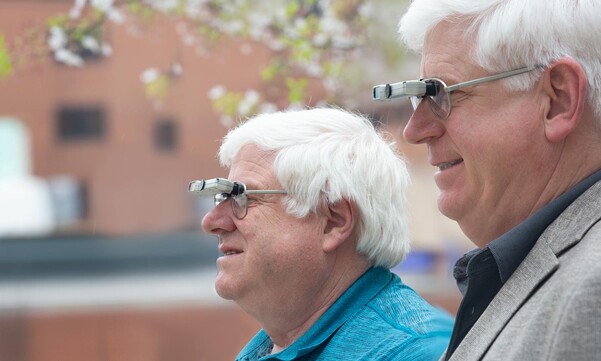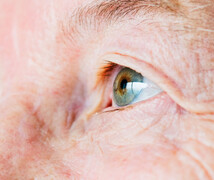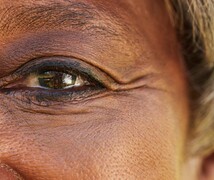If you have blue, green, or gray eyes, you may have noticed yourself squinting into the sunlight more than your brown-eyed counterparts or needing a respite from the fluorescent lights at work. You may wonder if it’s all in your head -- or is there truth to the rumor that people with light eyes are more sensitive to sunlight.
According to Duke ophthalmologist Anupama Horne, MD, the answer is yes -- your baby blues are indeed likely contributing to your squinting and discomfort under bright lights.
Why Blue Eyes Are More Light-Sensitive
Dr. Horne explains that photophobia -- the term used to describe light sensitivity -- typically affects people with light eyes because they have less pigmentation in multiple layers of the eye than those with darker eyes. Because of this, they are unable to block out the effects of harsh lights like sunlight and fluorescent lights.
Dr. Horne is careful to note that photophobia refers to light sensitivity, but does not mean actual permanent loss of vision. She also says that photophobia can affect some people with brown eyes.
Photophobia may cause a person to have difficulty seeing or focusing in bright lights, or even cause pain around the eyes. So, squinting or rubbing your eyes often when you are in harsh light may be a clear sign that you have some level of photophobia.
Tips for Preventing Light Sensitivity
The good news is that there are measures you can take to reduce the effects of photophobia resulting from light eye color..
- Avoid prolonged time spent in harsh lighting or bright lights.
- Wear UV-blocking sunglasses and wide-brimmed hats when outside.
- Use anti-glare coatings on glasses.
- Avoid flourescent lighting.
- Change settings on your devices such that screens emit a softer glow.
Keep in mind that polarized sunglasses don't block UV light on their own. A UV coating does that.
When to See a Doctor
If you’ve taken the necessary steps to diminish light sensitivity but still find it hard to see or experience pain, it’s time to visit an eye care specialist.
Eye care specialists are trained to diagnose and treat common causes of light sensitivity including dry eyes, cataracts, and more complex conditions of the cornea, iris, and retina.





